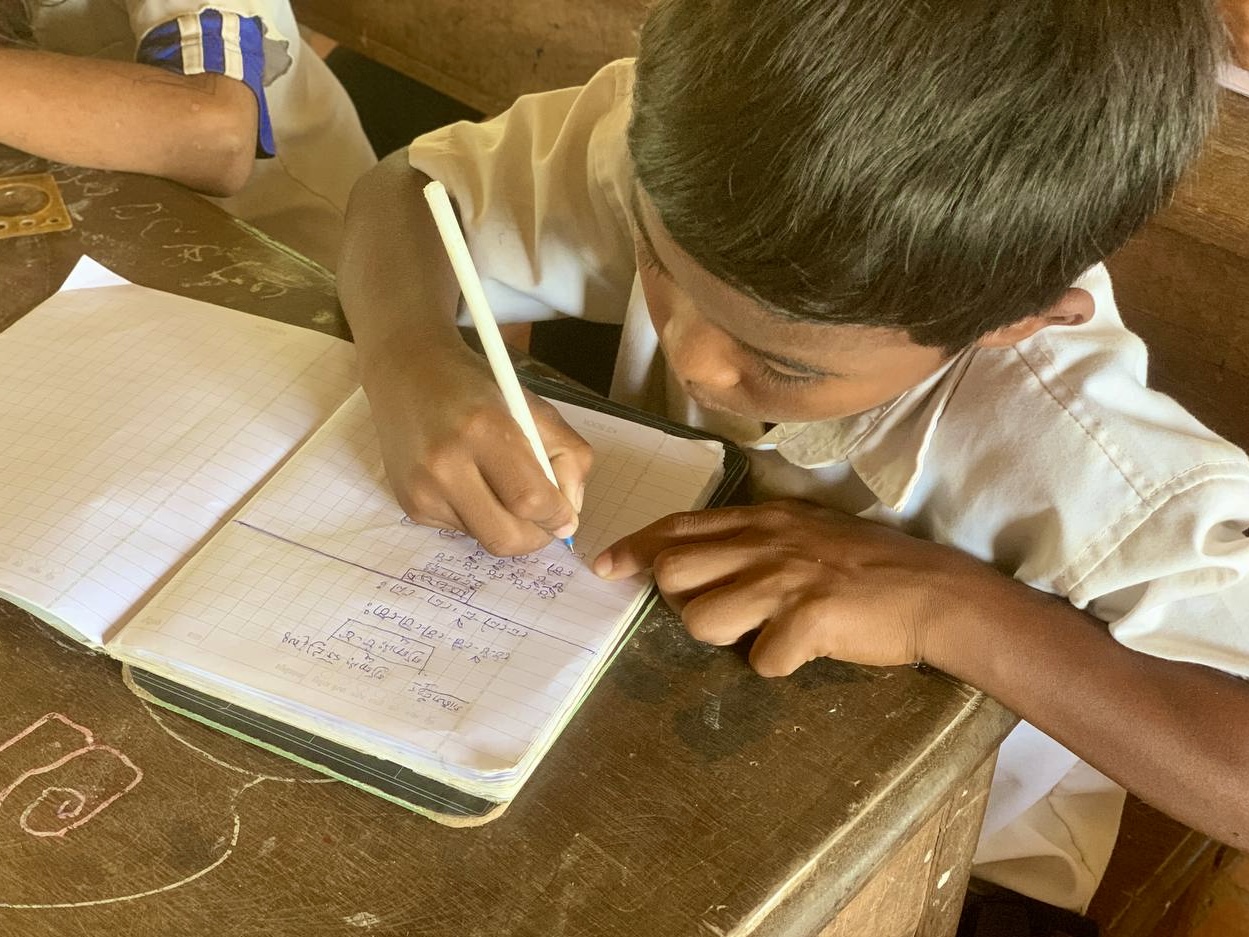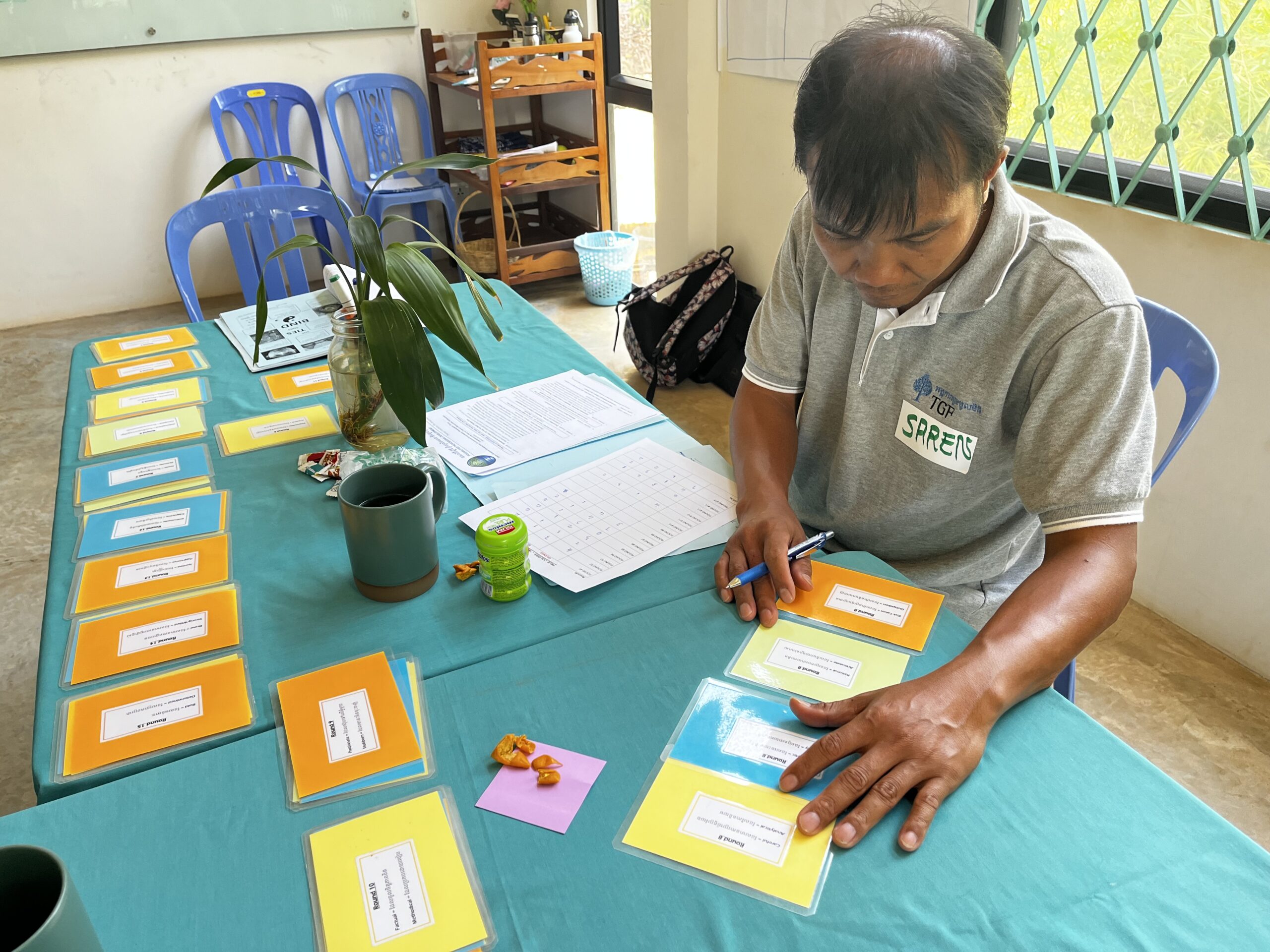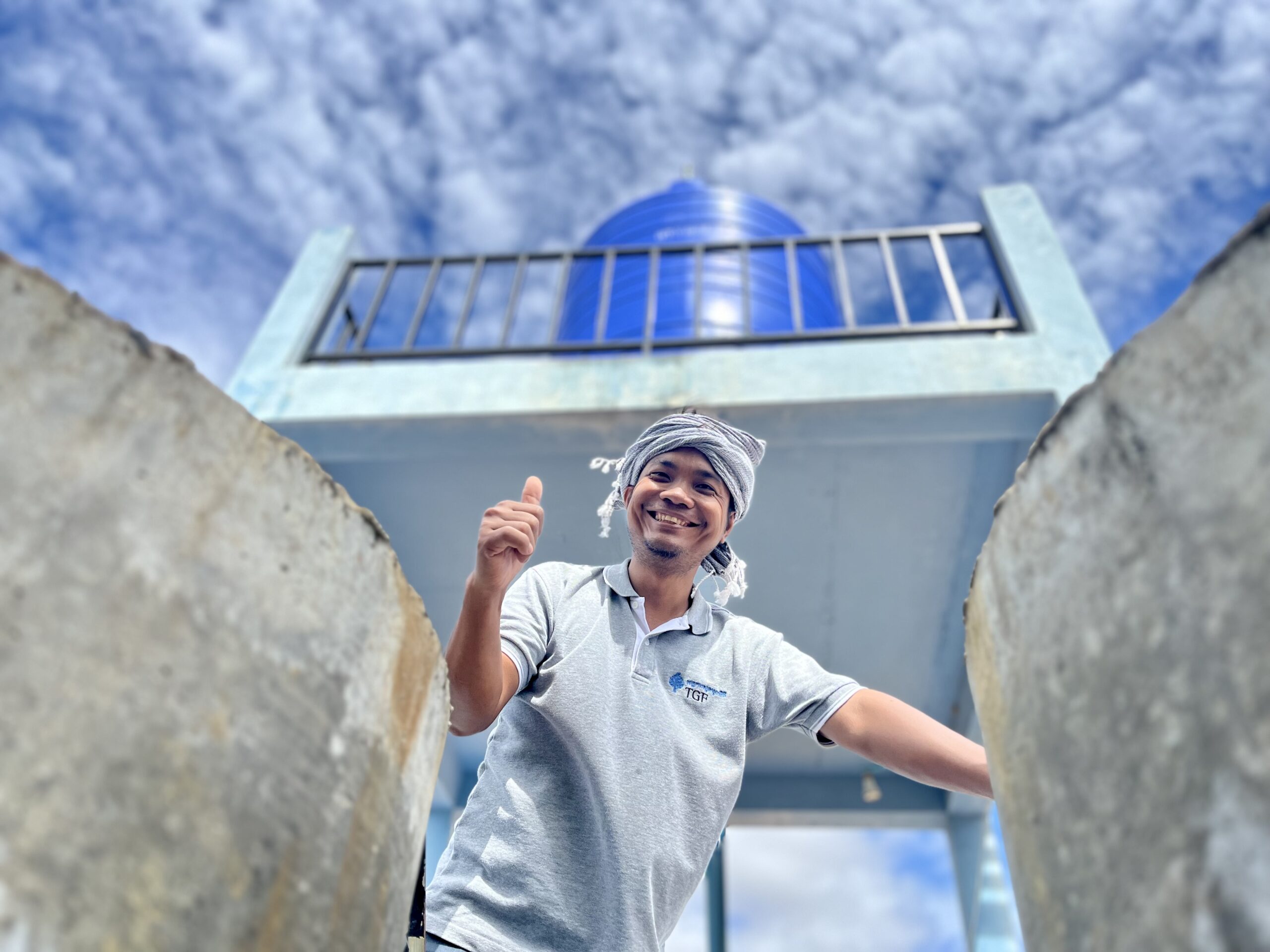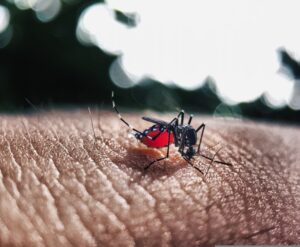 Despite the fact the Dengue fever vaccine (CYD-TDV /Dengvaxia) has been formally registered and utilized in 19 countries, Dengue fever remains endemic in many countries. The global incidence of dengue is estimated to be 100 to 400 million infections each year causing not only serious illness and death but also creating a serious economic burden for individuals and families. (WHO Facts Sheet, Dengue and Severe Dengue). A Dengue fever outbreak in 2019 in Cambodia, caused over 70,000 infections alone.
Despite the fact the Dengue fever vaccine (CYD-TDV /Dengvaxia) has been formally registered and utilized in 19 countries, Dengue fever remains endemic in many countries. The global incidence of dengue is estimated to be 100 to 400 million infections each year causing not only serious illness and death but also creating a serious economic burden for individuals and families. (WHO Facts Sheet, Dengue and Severe Dengue). A Dengue fever outbreak in 2019 in Cambodia, caused over 70,000 infections alone.
In 2021, TGF collaborated with the tech social enterprise Reach52 on a project to improve Dengue fever prevention and control. The project had two elements. First, training for healthcare workers to improve case management and timely referrals to Health Centres. Second, education and outreach by healthcare workers to mobilize concerned stakeholders to work together with the local population to control Dengue fever vectors. The project aimed to strengthen the capacity of Health Centers to provide better basic healthcare services to the local community.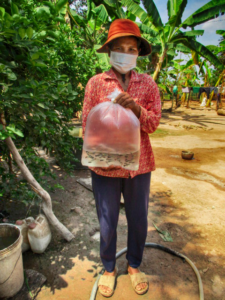
The project was initiated with training provided by the Cambodian Malaria
representatives from the Operational Health district to improve their understanding of case management and referral best practices, increase competency in delivering behavior change education to the community, and prepare a plan of action for Health Centres to deliver further training to community health volunteers who would work in the community to drive behavior change at the village level.
Following training for healthcare workers, training was delivered to 120 community health volunteers active across 60 villages. These volunteers then provided Dengue fever awareness and prevention training to 9,928 community members (a little under 20% of the target population).
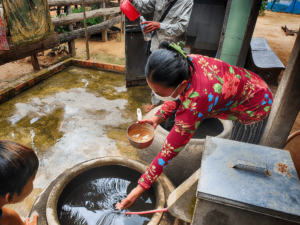 In addition to providing training, community volunteers and stakeholders conducted village clean-up campaigns in each village, encouraging people to remove standing water and other mosquito breeding sites as well as providing guppy fish to 3,216 households for use in water jars used for water storage. These fish are a proven, safe, sustainable alternative to chemical additives for standing water which thrives on eating mosquito larvae before they mature.
In addition to providing training, community volunteers and stakeholders conducted village clean-up campaigns in each village, encouraging people to remove standing water and other mosquito breeding sites as well as providing guppy fish to 3,216 households for use in water jars used for water storage. These fish are a proven, safe, sustainable alternative to chemical additives for standing water which thrives on eating mosquito larvae before they mature.

